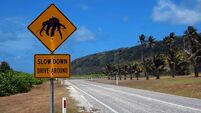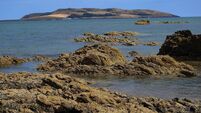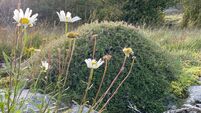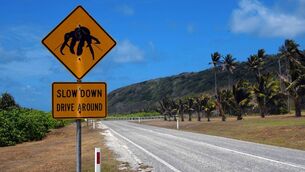Did you know that ‘hairy molly’ comes from the Irish word for eyebrows?
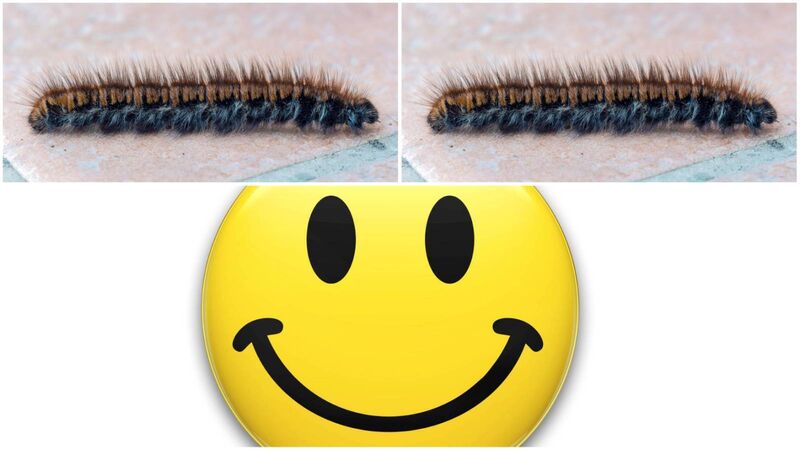
The description of some caterpillars as 'hairy mollies' comes from the Irish word, malaí, for eyebrows
If you want a nature fix, but you can’t get outdoors, a lovely alternative is to listen to a nature podcast. I can highly recommend a podcast called from BirdWatch Ireland, which is both entertaining and informative.




